At Commonwealth Contractors, our approach to building mirrors my personal philosophy on life, blending practicality with a touch of ingenuity. With a deep respect for classical building principles and a keen eye for modern improvements, you can rest assured that when you collaborate with Commonwealth Contractors, your project will be managed with quality and integrity.
.svg)


Virginia Building Code Guide: What to Know in 2025
Building a home in Virginia is about more than choosing finishes or floor plans. It’s about creating a safe, lasting sanctuary for your family. The Virginia Building Code is the backbone of this process, ensuring every detail of your home meets standards for safety, durability, and quality.
At Commonwealth Contractors, we guide homeowners and luxury clients through every step of Virginia’s construction regulations. Our deep experience in Charlottesville and across the state means we consistently deliver homes that meet both the latest code requirements and your highest expectations. If you have any questions after reading this guide, please reach out.
2025 Update:
- Mandatory 2021 USBC compliance begins January 18, 2025. All new permits must use the 2021 code. No mixing editions after this date.
- The 2024 Code Development Cycle is underway. Proposals for the next USBC are open through October 1, 2025. Learn more about the process.
What Are Building Codes?
Building codes are systematic sets of regulations that define the standards for designing, constructing, and maintaining structures. These rules are based on scientific research, expert insights, and historical data to ensure the safety, health, and durability of buildings. They are the result of decades of lessons learned and best practices.

Historical Perspective
The concept of building codes dates back to the Code of Hammurabi in ancient Babylon, which set standards for builders to ensure safety. In the United States, the need for codes became clear during the rapid urbanization of the 19th century, especially after disasters like the Great Chicago Fire of 1871.
Virginia’s Journey with Building Codes
Virginia established the Uniform Statewide Building Code (USBC) in the 1970s. While it draws from model codes, it is tailored to the state’s unique needs, ensuring that structures from the coast to the mountains are safe and resilient.
Model Codes vs. Adopted Codes
Model codes, such as those developed by the International Code Council (ICC), serve as templates for best practices. Virginia adopts and modifies these codes to address local challenges and requirements. Once adopted, these codes become legally binding across the state.
Referenced Codes for 2025
For 2025, Virginia’s USBC references:
- 2021 International Codes (I-Codes), including the International Residential Code (IRC) and International Building Code (IBC)
- 2020 National Electrical Code (NEC)
For more details, visit the 2021 Virginia Codes landing page.
What Are Building Standards?
Building standards are the technical backbone of building codes. While codes tell you “what” must be achieved, standards detail “how” to achieve it. They provide meticulous instructions to ensure every construction detail meets a consistent benchmark of quality and safety.
Virginia’s Approach to Building Standards
Virginia collaborates with organizations like ASTM and the National Fire Protection Association (NFPA) to keep its standards current. This ensures that whether you’re restoring a historic home or building new, every detail is up to par.
Ensuring Uniformity and Excellence
Building standards create a level playing field. Whether you’re a seasoned builder or a homeowner tackling a renovation, the standards provide a common language and ensure every structure meets a consistent benchmark of excellence.
How Virginia Building Codes Are Developed and Enforced
Virginia’s building codes and standards are developed through a collaborative process involving architects, engineers, builders, and public safety officials. The state actively seeks input from industry experts, stakeholders, and the public. Platforms like cdpVA make the process transparent and inclusive.
Adoption of International Standards
Every three years, the ICC updates its model I-Codes. Virginia uses these as a foundation, tailoring them to local needs. This keeps Virginia’s codes in line with global best practices while remaining locally relevant.
Enforcement
Local and state authorities enforce the codes, ensuring every building in Virginia meets stringent safety and quality standards. For an overview of USBC administration and enforcement, see the USBC administrative overview.

What the Virginia Building Code Means for Your Home
If you’re planning to build or renovate in Virginia, the USBC is your essential framework for safety, quality, and sustainability. Here’s why it matters:
- Foundation for Safe Construction: The USBC dictates minimum standards for every aspect of your home, from foundation depth to material types.
- Mandatory Inspections: Expect periodic inspections throughout construction, checking everything from electrical systems to structural integrity.
- Future Renovations: All renovations or extensions must comply with the code to maintain safety and quality.
- Legal Implications: Non-compliance can result in stop-work orders, fines, or even legal repercussions if a non-compliant structure causes harm or damage.
Key Homeowner Changes in the 2021 Virginia Codes (In Effect Statewide)
The 2021 USBC, mandatory for all new permits as of January 18, 2025, brings several updates that impact both new builds and luxury renovations. These changes are especially relevant for high-end projects where design details and code compliance intersect.
Emergency Egress Under Decks and Porches
Basement bedrooms and finished lower levels are popular in luxury homes, but egress requirements have become more specific. The 2021 code now mandates a clear, unobstructed path at least 36 inches wide and high from emergency egress windows or doors under decks and porches to a public way.
- This rule addresses a common design oversight where decks or porches block safe exit routes from basement bedrooms.
- Ensure your plans include a compliant egress path, especially if you’re finishing a basement or adding outdoor living space above.
Stair Walking-Surface Slope Limits
Stair safety is a top priority in luxury homes, where custom finishes and unique designs are common. The 2021 code clarifies that stair treads and landings must not exceed a 2% slope. This ensures that tile, wood, or stone finishes remain safe and accessible.
- Builders and designers should verify that all stair surfaces meet this requirement before final inspections.
- Homeowners should be aware that even minor deviations can require costly corrections.
Smoke and Carbon Monoxide Alarm Placement and Interconnection
The 2021 USBC refines the requirements for smoke and CO alarms, with a focus on both placement and interconnection. These updates are especially important for large or multi-level homes.
Smoke Alarm Placement: New Triggers
- Smoke alarms must be installed in every bedroom, outside each sleeping area, and on every level of the home.
- If a hallway serving bedrooms opens to a room with a ceiling at least 24 inches higher, an additional smoke alarm is required in that room.
CO Alarm Requirements and Interconnection
- CO alarms must be installed per section R315 of the code, with wireless interconnection allowed as long as all alarms sound together.
- This flexibility is helpful for renovations or additions where wiring may be challenging.
Safety Glazing: Where It’s Required
Glass near doors, stairs, and wet areas poses a safety risk if not properly glazed. The 2021 code provides clearer directives on where safety glazing is mandatory, reducing ambiguity for both designers and inspectors.
Hazardous Locations for Glazing
- Glazing within 24 inches of the hinge side of a door and less than 60 inches above the floor must be safety glass.
- Glass adjacent to bathtubs, showers, pools, and at stairs or landings also requires safety glazing.
- The code now uses “adjacent to” rather than “facing” for wet areas, broadening the requirement.
Seismic Design Category: Project-Specific Requirements
Central Virginia, including the Charlottesville area, has recognized seismic activity, especially after the 2011 Mineral earthquake. However, the Seismic Design Category (SDC) for your project is determined by site-specific hazard maps referenced in the 2021 VRC/VCC and USGS tools. There is no blanket “new SDC C zone” for 2024 or 2025.
- Designers must use current maps and tools to determine the SDC for each site.
- Consult with your architect or engineer early in the design process to ensure compliance.
Local Floodplain Submittals: Elevation Certificates
Floodplain management remains a critical part of building in many Virginia jurisdictions. While the state requires a finished-construction Elevation Certificate (EC) to document compliance with local floodplain ordinances, some localities (such as Fairfax County) also require an under-construction or lowest-floor EC before framing. This process has been in place since the 2018 USBC and is not a new 2024 or 2025 mandate.
- Always check with your local building department for specific EC requirements and timing.
- Include both ECs in your project planning if building in a flood zone.
Accessory Dwelling Units (ADUs): Zoning Comes First
Interest in Accessory Dwelling Units (ADUs) is growing across Virginia, but it’s important to understand that ADU feasibility starts with local zoning, not the building code. While a statewide ADU bill (SB 304, 2024) passed the Senate, it was sent for further study and did not become law. The USBC governs how an ADU is built once it’s permitted, but whether you can build one depends on your locality’s zoning ordinance.
- Check your city or county’s zoning page for ADU rules before starting design or permitting.
- Once zoning approval is secured, the USBC will dictate construction standards for safety and habitability.
Charlottesville Zoning Information
Virginia Building Code Resources
Navigating the world of construction and building codes can feel overwhelming. These resources provide official guidance and best practices:
- Virginia Department of Housing and Community Development (DHCD): The official source for Virginia’s building code standards and updates.
- FEMA’s Building Science Page: Guidance on building for resilience against floods, earthquakes, and other hazards.
- 2021 Virginia Codes (ICC Digital Codes): Access the full text of the current codes.
Additional Considerations for Homeowners and Builders

Whether you’re a first-time home builder or a seasoned developer, understanding and adhering to the Virginia Building Code is paramount. Here’s our advice to ensure a smooth construction process:
- Stay Updated: Building codes evolve. The 2021 USBC is now in effect for all new permits. Always check for the latest changes before starting your project.
- Plan Ahead: Familiarize yourself with code requirements before breaking ground. This saves time, money, and potential legal issues.
- Collaborate and Communicate: Open communication with architects, contractors, and suppliers ensures everyone is aligned on code requirements.
- Seek Expertise: If you’re unsure about any aspect of the code, consult with professionals or your local building department.
Why Adherence to the Virginia Building Code Matters
The Virginia Building Code is more than a checklist. It’s a reflection of the state’s dedication to the well-being and safety of its residents. By adhering to this code, homeowners and builders participate in a collective effort to uphold the highest standards of construction.
- Safety: Protects residents from natural disasters, fire hazards, and structural issues.
- Consistency: Ensures every home in Virginia meets a uniform safety and quality standard.
- Economic and Environmental Benefits: Homes built to code are more durable and often incorporate eco-friendly practices.
- Peace of Mind: Homeowners can rest assured their home is constructed to the highest standards.
Frequently Asked Questions About the 2021 Virginia Building Code
Which code edition applies to my project?
If your permit is issued after January 18, 2025, the 2021 USBC applies. For projects permitted before this date, the code edition in effect at the time of permit issuance governs the work.
Can I mix code editions for different parts of my project?
No. After January 18, 2025, all new permits must comply with the 2021 USBC. Mixing code editions is not allowed.
How do I know if my home is in a flood zone?
Check your local government’s GIS or floodplain management page, or consult with your contractor. If you are in a flood zone, be prepared to submit the required Elevation Certificates at the correct stages.
What if I want to build an ADU?
Start by reviewing your locality’s zoning ordinance. If ADUs are allowed, you’ll then need to meet all USBC requirements for construction.
Choose Commonwealth Contractors for Your Virginia Home Build
If you’re looking to build a home in Virginia that stands the test of time, is compliant with the Virginia Building Code, and reflects the best of local craftsmanship, Commonwealth Contractors is an excellent choice. Our blend of local expertise, commitment to quality, and deep understanding of the USBC ensures your home will be a safe, beautiful, and valuable addition to the Virginia landscape.
- Deep Understanding of the Virginia Building Code: We live and breathe the USBC, ensuring every project meets the state’s rigorous standards.
- Local Expertise: Based in Charlottesville, we understand the unique challenges and opportunities of building in Virginia.
- Commitment to Quality: As a licensed Class A contractor, our portfolio showcases a range of projects built with craftsmanship and care.
- Transparent Process: Our use of the Buildertrend management system keeps you updated at every stage.
- Community-Centric Approach: We build homes that fit seamlessly into the local landscape, respecting both the environment and community character.
- Future-Proofing Your Home: We stay at the forefront of new materials, techniques, and standards, ensuring your home is built for today and tomorrow.
Ready to build or renovate in Charlottesville? Contact Commonwealth Contractors today for a consultation. We’ll help you turn your vision into reality while ensuring every detail is built to last.

.svg)
%2520(1)%2520(1).webp)

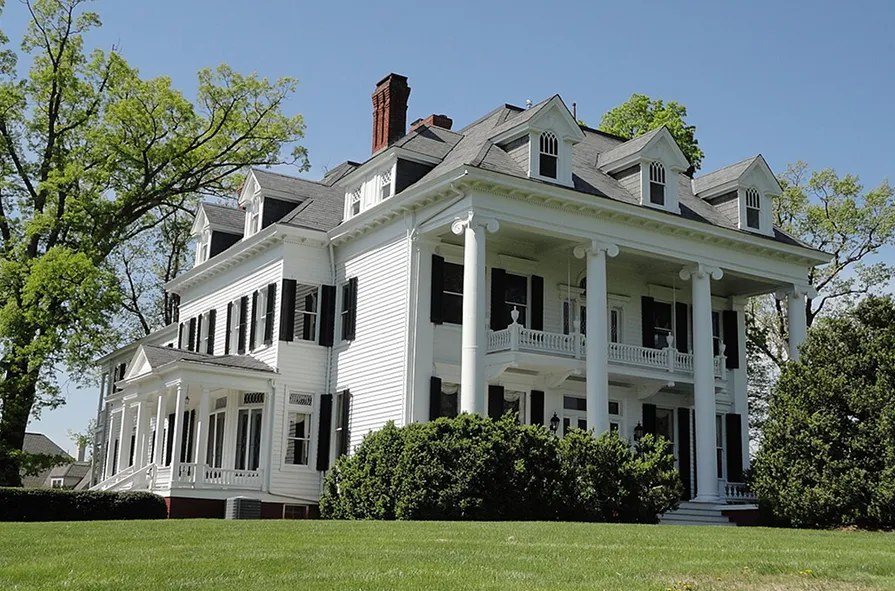
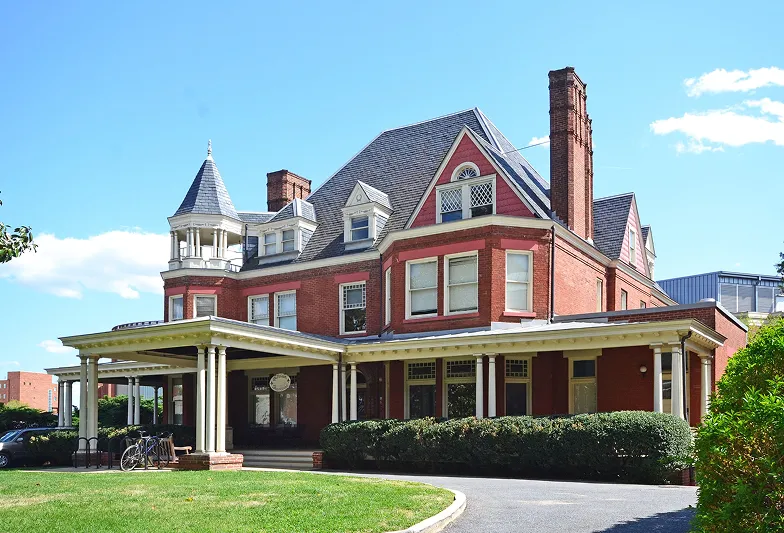
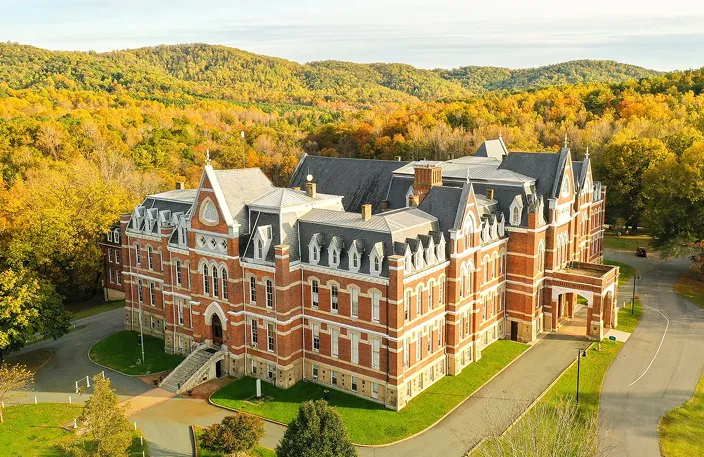
.webp)
.webp)
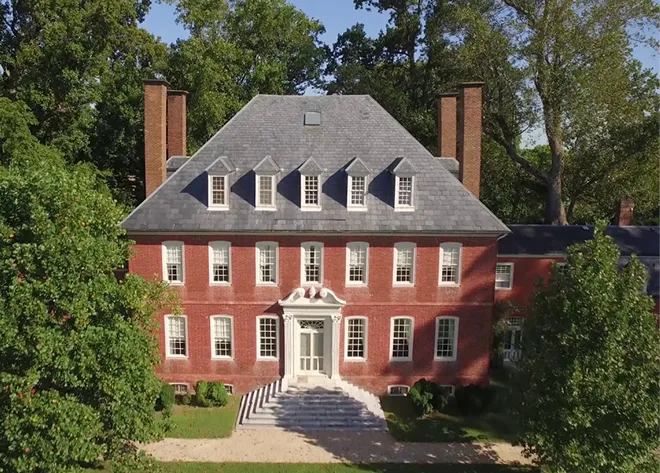
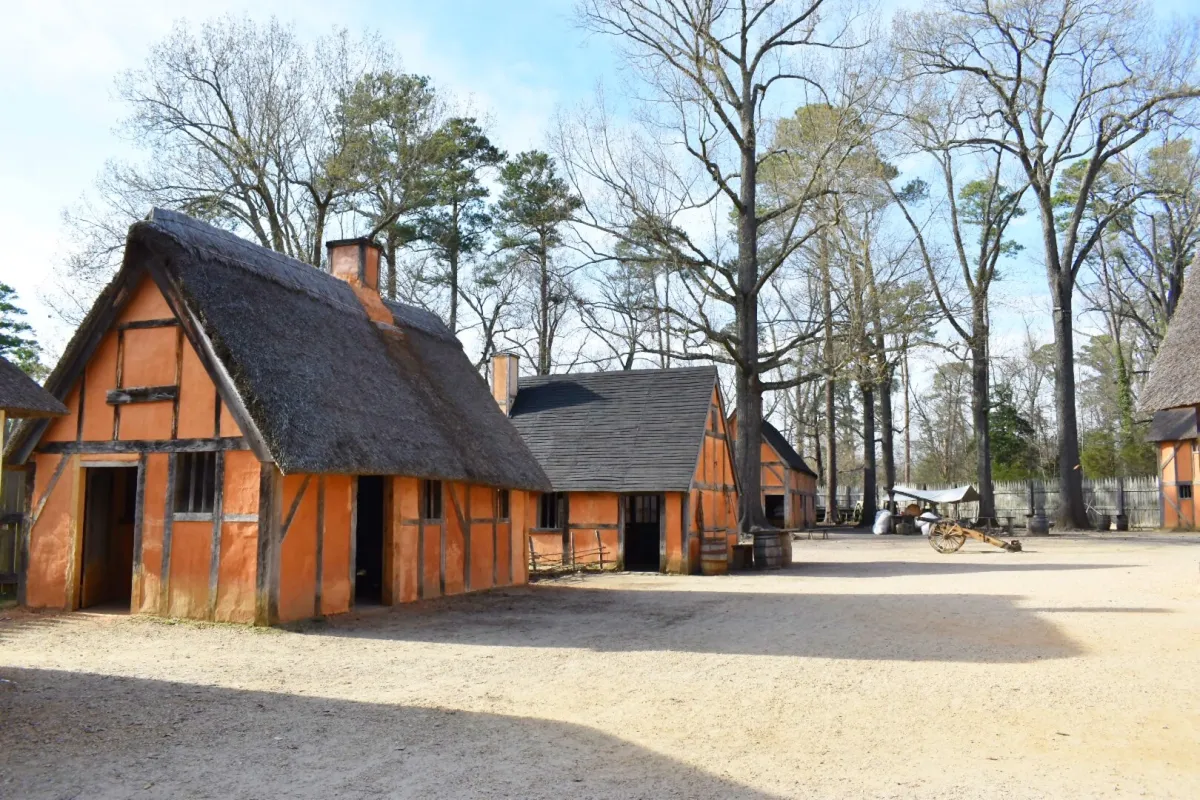
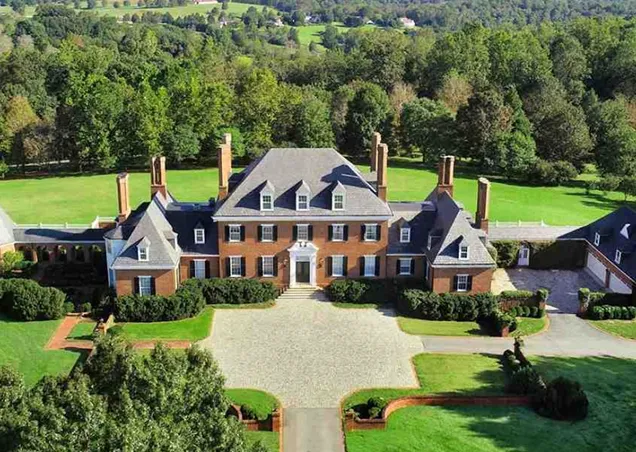
.webp)
.webp)











.webp)
.webp)

.webp)
.webp)
%2520(1).webp)
%2520(1).webp)
%2520(1).webp)

.webp)
.webp)
%2520(1).webp)
%2520(1).webp)

%2520(1).webp)
%2520(2).webp)

%2520(1).webp)
%2520(2).webp)
.webp)



.webp)
.webp)
%2520(2).webp)
.webp)
.webp)
%2520(1).webp)

.webp)
%2520(3)%2520(1).webp)
.webp)
.webp)
%2520(1).webp)
%2520(2)%2520(1).webp)